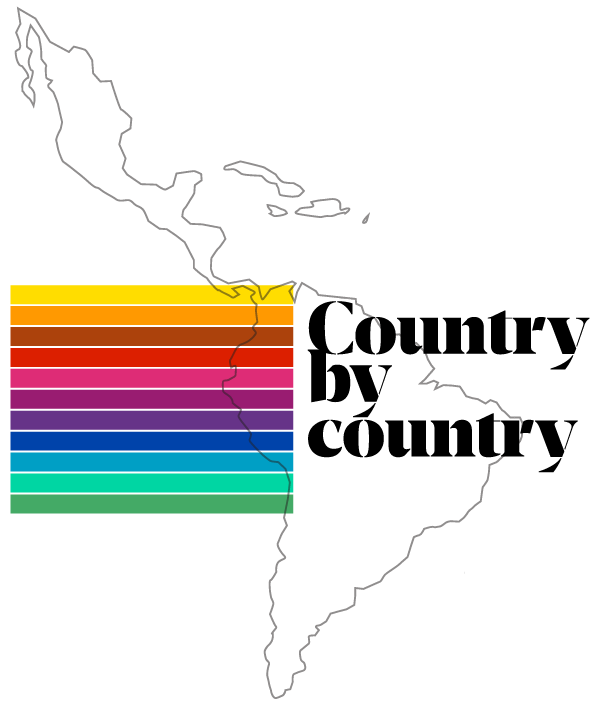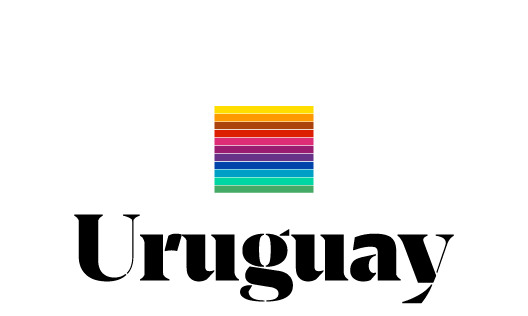
Consensus as a politico-social value
Uruguay has a strong democratic culture, which was developed beginning in the early 20th century with the progressive President Battle. Since then, it has become a society based on consensus, a characteristic that is ingrained in every Uruguayan citizen. Nothing is decided without debate within society to arrive at consensus. Even though they take longer, these decisions also last longer. A consensus culture is reflected in the constant use of referendums for decisions related to the Constitution. One of them, in the 1990s, was a decision against the privatization of public companies.
Consensus also permeates party politics, the Frente Amplia is a coalition of leftist parties that act under the same banner.
Under Mijuca’s leadership, a series of progressive laws are passed. In 2012, an abortion law was passed, in 2013, a gay marriage law, and in 2014, the legalization of marijuana. Though Tijuca was against some of these measures, he approved the laws in response to social mobilizations and internal party decisions. In 2014, a large civil society mobilization under the ‘No a la Baja’ and ‘Colibri’ banners responded to the referendum on the reduction of the age of legal responsibility. These were largest demonstrations in the country’s recent history and they blocked the constitutional change.
Even though civil society is very active, there are not large third party organizations. The majority of political and social activities are voluntary. This reinforces the democratic culture in Uruguayan society and also the strength of the parties that are willing to dialogue and stay connected to society.
Even though it is the oldest population in Latin America, it is the most connected and has the goal of digitalizing all public services by 2020.


CAINFO
Non-profit organization dedicated to the promotion and defense of the right to information, freedom of expression and citizen participation.

Creative Commons Uruguay
Work team promoting Creative Commons licenses to contribute to a free culture.

DataUruguay
Organization of civil society working on issues of open government, open data, access to public information and citizen participation through the use of civic technology.

Secretaria de Desarrollo Social de la Intendencia de Montevideo
Secretariat of Social Development of the Municipality of Montevideo.

GIGA

Laboratório Ciudad de Montevideo / MVDLAB

Mujer Ahora
Feminist cooperative dedicated to the promotion and protection of human rights, especially focused on the construction of gender equity relations. It is developed mainly in three areas of work: gender relations and domestic violence, labor rights and citizen participation.
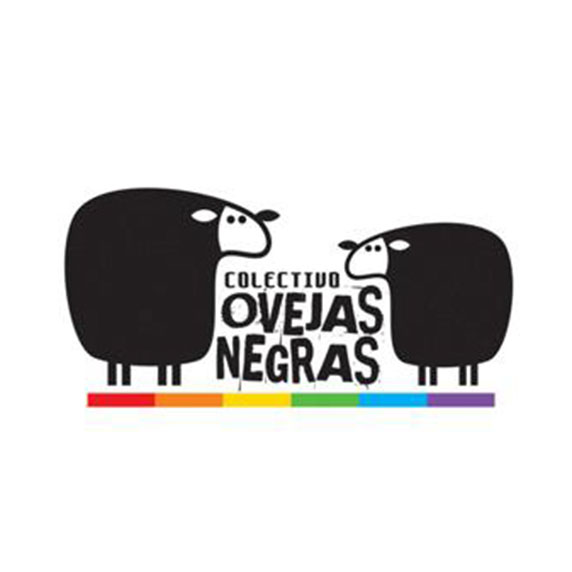
Ovejas Negras
Social organization that defends sexual diversity and promotes the rights of LGBT people.

Partido Digital

Socialab

Sudestada

UYCheck
First independent site of public speech verification in Uruguay.

Proderechos

AGESIC
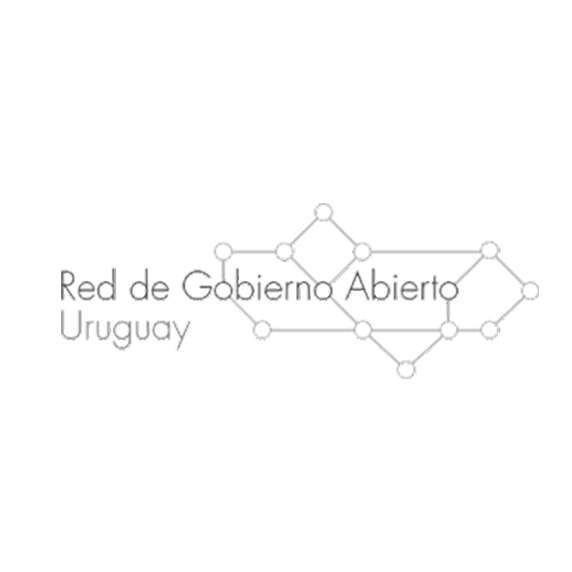
Red de Gobierno Abierto Uruguay
Specialists and activists: Cristina Zurbriggen, Ignacio Estrada
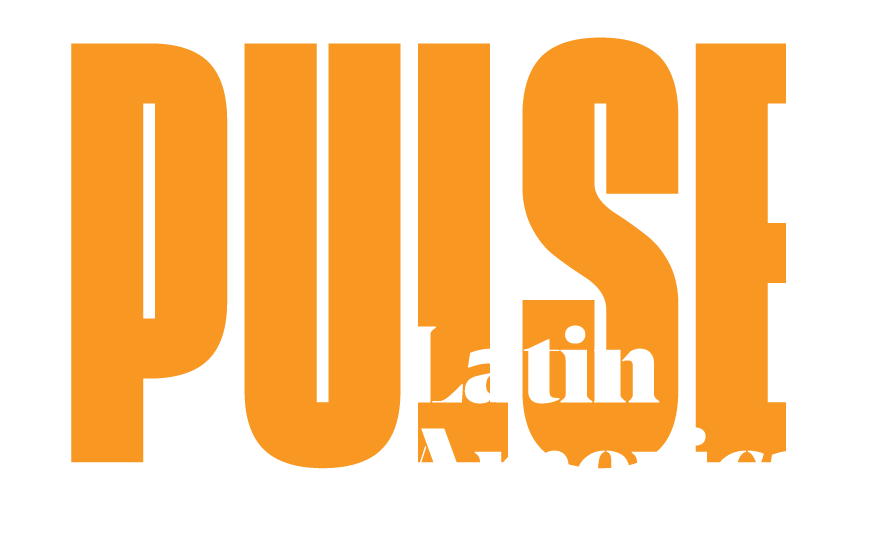
Logics and the vocation of the Latin American territory of the last decades. Get to know the political context that gives rise to a new moment and a new political identity that seeks to strengthen identities, rights and democracy.
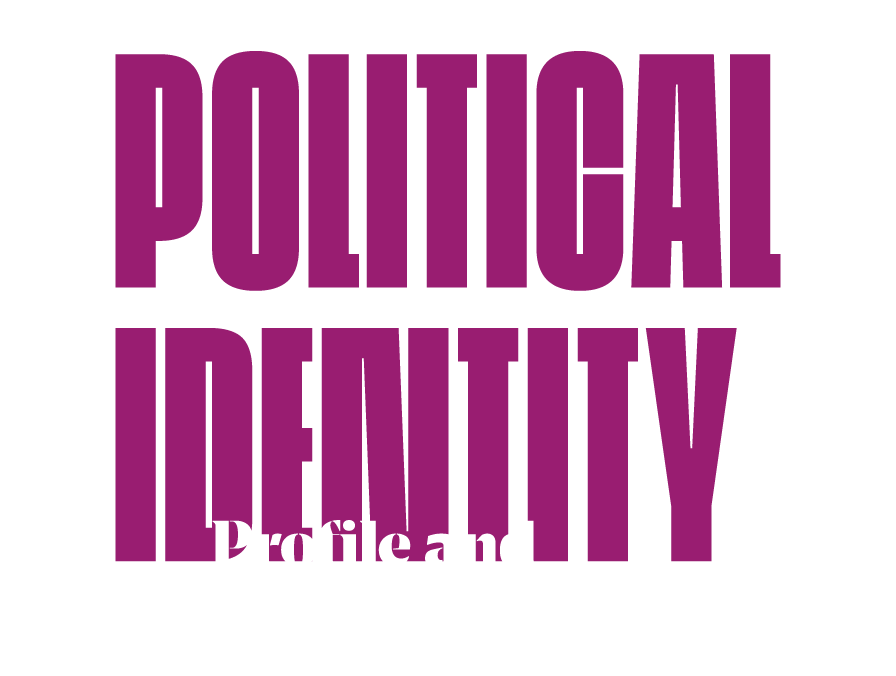
The rise of a new behavioral profile that shows a new way of thinking and doing politics in the latin american territories: its actions, strategies, principles and values.
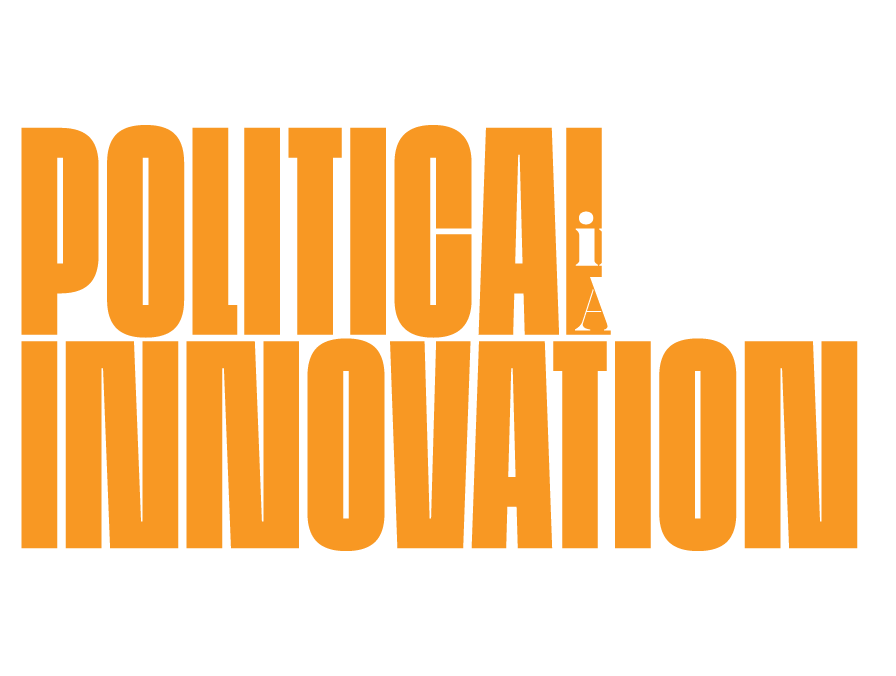
The political innovation definition of this context and its main challenges. Know the tools that this ecosystem use to get stronger and transform institutions and society.

